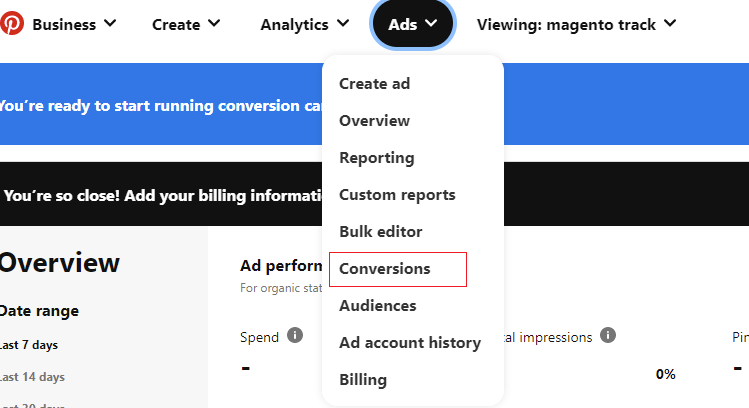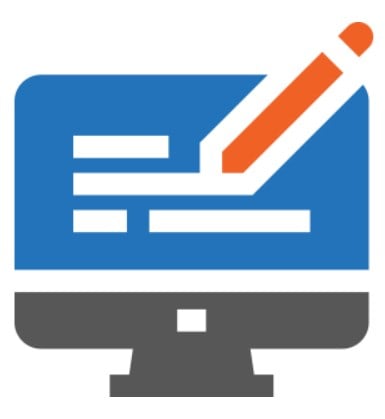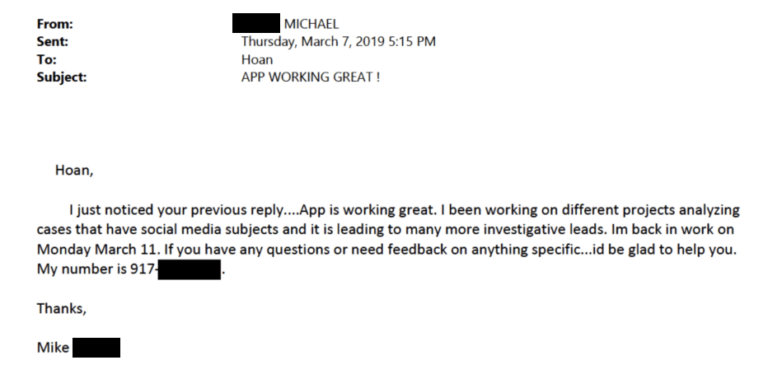
Each e-commerce platform has its unique system requirements. And Shopware is not an exception. You should follow its system requirements to create a fully functional online storefront. Otherwise, it won’t be possible to properly manage your website. Since the Shopware platform is associated with a bunch of specific conditions, we shed light on the Shopware 6 system requirements in the following article. You will find out what is the best operating system for the platform, what PHP requirements to follow, and what extensions to install. SQL, Apache, and other recommended requirements for Shopware 6 are listed below.
Note that Shopware 6 receives regular updates. Hence, it is vital to monitor what changes are suitable for your software version, upgrading your server to be compatible with the latest system requirements for Shopware.
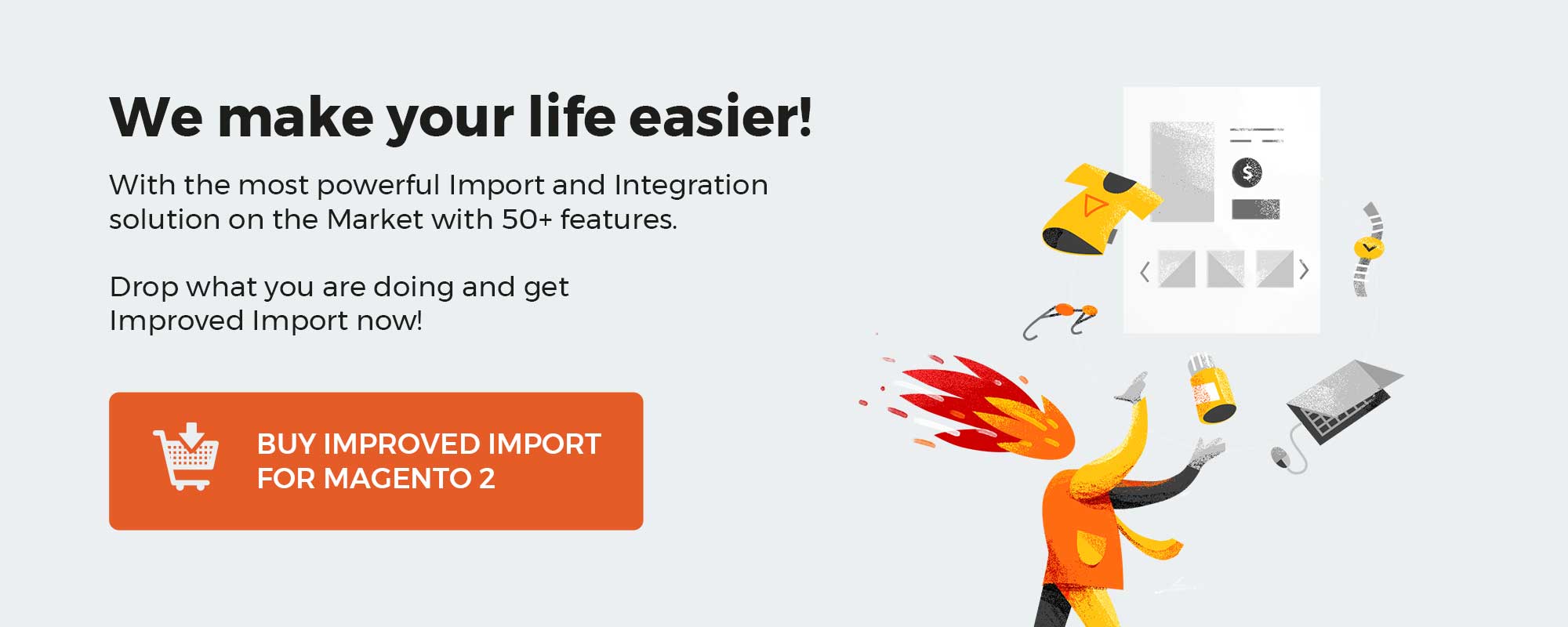
Note that we provide Shopware integration with external platforms. Contact our support for further information or try our Improved Import & Export Extension for Shopware.
Get Improved Import & Export for Shopware by Firebear Studio
Explore Shopware
Table of contents
Shopware 6 System Requirements
In the following article, you will see a list of system requirements for Shopware 6. We divide them into the following three categories:
- Operating System;
- Operating Environment;
- Other Recommended Parameters.
Let’s take a look at the first group of Shopware 6 system requirements.
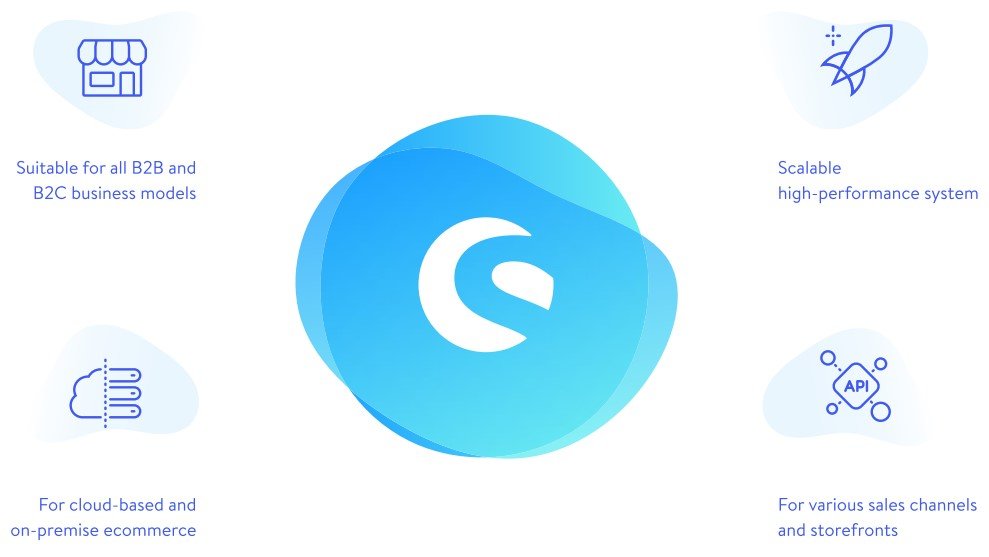
The Best Operating System for Shopware 6
By default, Shopware 6 is compatible with most Unix-based operating systems. However, there is one that suits its e-commerce needs the most. The official Shopware documentation recommends installing Shopware 6 on Linux. For instance, Ubuntu is fully suitable with the platform, following Shopware 6 system requirements.
At the same time, it is also worth your attention that a Windows server is not compatible with any Shopware version. Therefore, using this operating system for your server is a bad idea. The platform is not designed to run on a Windows server, and there is no evidence that it will be capable of doing that in the future.
Operating Environment
There is a bunch of Shopware 6 system requirements associated with the environment the platform works in.
PHP
The Shopware 6 system requirements associated with PHP include the following norms:
- PHP Version. You should use PHP 7.2 or higher to run your Shopware 6 website. However, some newer versions are not compatible for the system. Thus, Shopware 6 doesn’t support 7.2.20 and 7.3.7.
- memory_limit. Shopware 6 requires setting up a memory limit of 512M or higher.
- max_execution_time. The maximum execution time for PHP must be not less than 30 seconds.
Extensions
You should install the following extensions to follow the system requirements for Shopware 6:
- -dom
- -fileinfo
- -gd
- -iconv
- -intl
- -json
- -libxml
- -mbstring
- -openssl
- -pcre
- -pdo
- -pdo_mysql
- -phar
- -simplexml
- -xml
- -zip
- -zlib
SQL
Shopware 6 requires MySQL 5.7.21 or higher. However, versions 8.0.20 and 8.0.21 are not compatible. Shopware 6 doesn’t support them due to technical problems associated with these versions.
Alternatively, you can streamline MariaDB 10.3+.
Apache
Also, note that Apache 2.4 or higher is necessary to follow Shopware 6 system requirements. Enable mod-rewrite to use it properly.
Other Recommended Requirements
As for other Shopware 6 system requirements, they look as follows:
- Zend Opcache. It should be 256M or higher;
- APCu. Here, 128M or higher are required;
- Web server. Your web server should support HTTP2;
- Database Administration. Adminer is recommended as a database administration tool due to its support for binary data types.
That’s it! Please, note that you can always check the latest Shopware system requirements here.
How to Import Any Data to Shopware 6
Shopware 6 contains tons of data that can be transferred between your e-commerce website and external systems. For instance, you may need to run a migration to Shopware 6, synchronize two Shopware storefronts, or integrate your e-commerce website with CRM, accounting, or ERP system. Since the platform doesn’t let you leverage these processes, it is necessary to install a third-party tool to run the migration or integration successfully. Therefore, pay attention to our Improved Import & Export Extension for Shopware since it offers additional data transfer capabilities that are not available in Shopware 6 by default. Contact our support for more details.
Shopware 6 System Requirements + Essentials FAQ
What is the best OS for Shopware?
Linux is the best OS for Shopware 6. Thus, you can install it on Ubuntu. Note that Windows is not supported.
What PHP version is supported in Shopware 6?
Shopware 6 supports PHP 7.2 or higher.
What is the memory limit for Shopware 6 PHP settings?
The Shopware 6 PHP settings require a memory limit of 512M or higher.
What is the maximum execution time in Shopware 6 PHP settings?
The maximum execution time for PHP, according to the Shopware 6 system requirements, is 30 seconds or higher.
What MySQL version is supported in Shopware 6?
Shopware 6 works with MySQL 5.7.21 or higher but versions 8.0.20 and 8.0.21 are not supported.
What Apache version is supported in Shopware 6?
Shopware 6 works with Apache 2.4 or higher.
How to create a Shopware account?
You can create a new Shopware account under the Shopware registration page. Hit the Register Now link and fill in the form. Get a confirmation email.
How to add a shop in Shopware?
You can add a new shop in Shopware 6 in your merchant area. Use the corresponding link situated at the right section of your start-screen. You can choose between a cloud storefront or an on-premise website. Specify information about your new Shopware Shop and save it.
How to add a payment method in Shopware?
You can add a payment method in Shopware 6 under Basic Information -> Accounting. Choose the following options: PayPal, credit card, or direct debit.
How to purchase Shopware extensions?
Shopware lets you pay in advance for purchasing extensions under Merchant Area -> Shops. Choose a shop and click Open Account Details. You can add funds here. After a deposit was successfully added, you can purchase extensions on the Shopware Marketplace or via the Plugin Manager.
How to migrate to Shopware 6?
Shopware 6 doesn’t let you perform a seamless migration with its default tools. Therefore, it is necessary to use a third-party extension to automate data transfers and avoid issues caused by different attribute standards. Use the Improved Import & Export tool for Shopware 6 to run the migration. Contact our team for more information.
How to automate import and export processes in Shopware 6?
If you need to automate data transfers to and from Shopware 6, use the Improved Import & Export extension. It provides the ability to receive data updates or transfer information to external systems automatically. You will create a schedule of updates for import or export processes so that they can run in the background.
How to integrate Shopware 6 with external systems?
Due to the platform’s limited import and export functionality, you need the Improved Import & Export extension to integrate your e-commerce website with external systems, such as ERPs, CRMs, and accounting tools. Our module automates import and export processes and modifies data according to the requirements of your Shopware store upon import and the connected platforms upon export.
Get Improved Import & Export for Shopware by Firebear Studio
Explore Shopware


